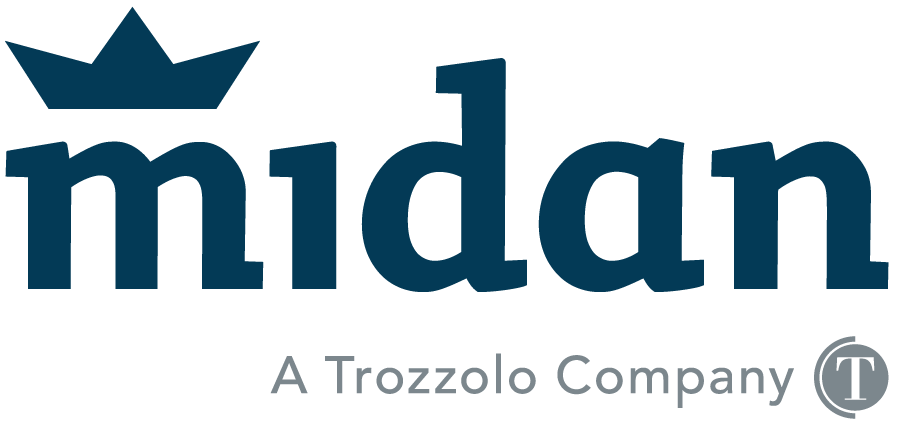Have you ever wondered why certain websites show up first when you enter a query into Google? Those search results aren’t random, but rather an algorithm based on the content and arrangement of your website. The payoff of using SEO can be big because the websites that appear at the top of searches are getting more traffic and potentially more leads and more sales. In other words, those three little S-E-O initials can have a big impact on another key set of initials: your R-O-I.
There are a few best practices to optimize your website and improve your search ranking that I’ll share, but let’s talk basics first.
How does SEO work? Think about it this way: If you enjoy backpacking and camping as much as I do, you want to have the latest and greatest equipment such as hiking boots, outerwear and more. When I am looking for new gear, the first thing I do is perform a Google search to learn a little bit more about the variety of hiking boots currently on the market. Here are the results for a straightforward search of “best hiking boot.”
- Mention What You’re Selling Often: One of the reasons Switchback Travel shows up first is the amount of content and copy that mentions hiking boots, boots and other similar terms. Apply this same logic to your own website. If you’re selling meat, mention it a LOT across your site. This applies to spots other than regular webpages, too. If you know people are searching for terms like “best steak for the grill,” but you don’t have a page dedicated to that search term, you can still mention it in a blog or other content (as Switchback Travel has done in that top search result).
- Include Link Features: You might notice that the Switchback Travel site has a TON of links – links to other websites. But wait, isn’t that a bad thing? Don’t you want the user to stay on your website? Although you do want people to remain on your site, the more high-quality, safe and relevant links you have on your website vastly improves your website’s ranking and trust scores. Note that just adding a bunch of links to random sources or articles that are either not relevant or not safe will hurt your SEO ranking. Check this website for more in depth analysis on checking link quality.
- Optimize Your Content: Many of the key factors search engines measure are related to the relevancy and quality of your content. You must spend the time to create content that is of value to your visitors. If you’re getting a lot of traffic to a specific page of your website but notice that on average the majority of visitors are leaving your site almost immediately, search engines will take note of that and move your site farther down the rankings or remove your site from the results altogether.
- Ensure Your Website is User-friendly and Responsive: Online consumers are worse than a 10-year-old child. Tell them you want to show them something, turn around for one second and they’ve run off into the yard to catch falling leaves. All this means is that your site should load quickly. 38% of visitors will leave a site if it takes longer than 5 seconds to load a page.* If visitors are leaving your site quickly, this will hurt your ranking.
In the end, when it comes to optimizing your website there is an endless laundry list of things you can do, but you’ll be off to a solid start if you use the tips above as your guide. Invest in SEO to drive more relevant traffic to your website and bump up your bottom line. Plus, you might even get some cool hiking boots out of the deal.
*https://royal.pingdom.com/page-load-time-really-affect-bounce-rate/

